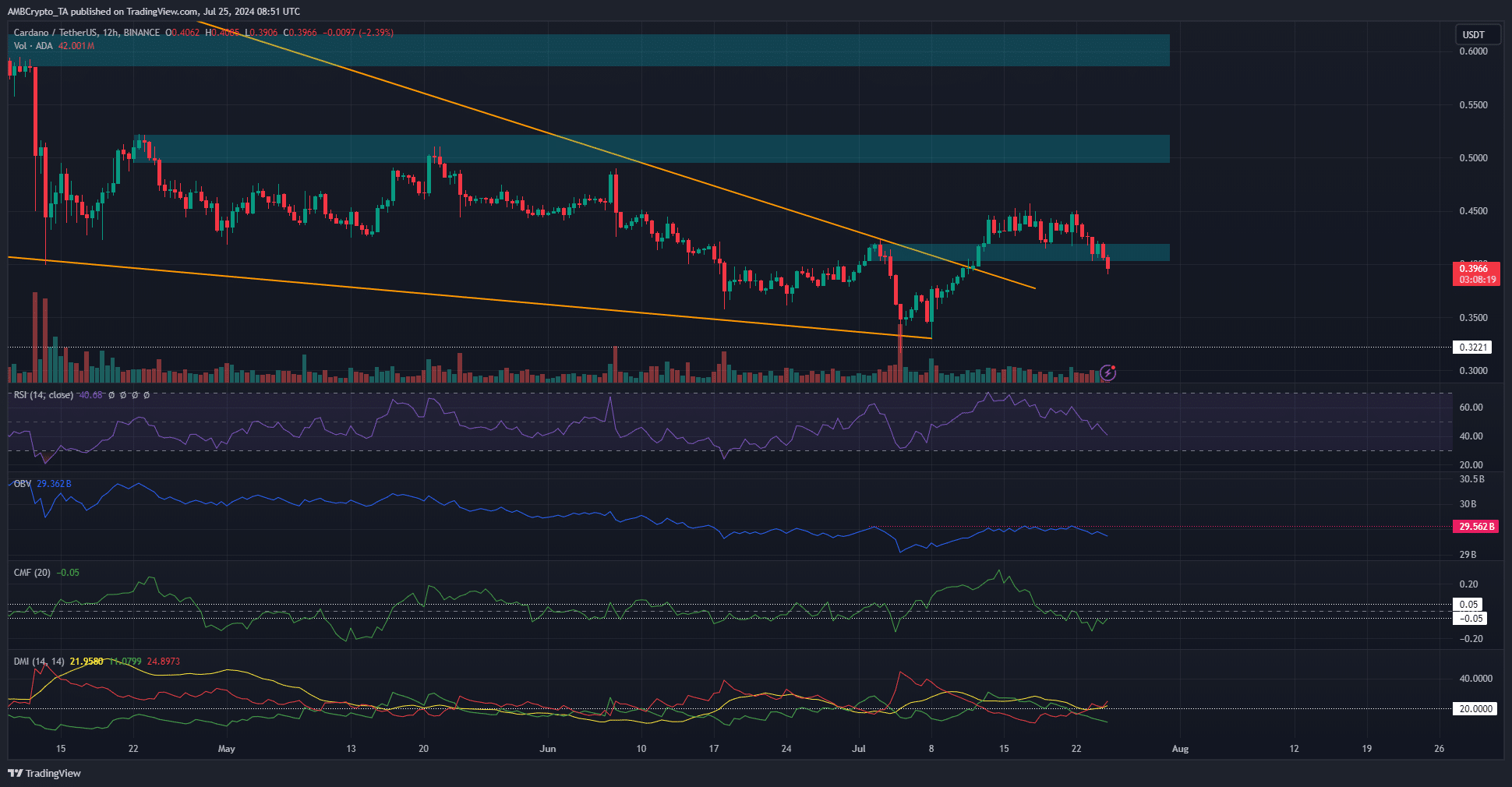Category: Forex News
Economic calendar in Asia 28 March 2024 – where’s Waldo?
New Zealand data will kick off the calendar, followed by a speech from Waller. Adam previewed this here:
While on central banks the Bank of Japan ‘Summary’ of its most recent meeting is due today. More on these under the screenshot. The most recent meeting was an historic one, the Bank raised rates for the first time in 17 years and moved up from negative for the first time in 8 years. There should be some good information provided today that’ll give us a little more insight into the Bank’s thinking and how some sort of rate cycle might pan out in the future.
- This snapshot from the ForexLive economic data calendar, access it here.
- The times in the left-most column are GMT.
- The numbers in the right-most column are the ‘prior’ (previous month/quarter as the case may be) result. The number in the column next to that, where there is a number, is the consensus median expected.
**
The Bank of Japan (BOJ) releases a “Summary of Opinions” after each monetary policy meeting. It serves as a record of the discussion and views of the Policy Board members on various economic and financial issues.
Key points about the Summary:
- The summary includes the views of the Policy Board members on economic conditions, both domestically and globally. This includes assessments of economic growth, inflation, and employment trends, among other indicators.
- The summary also outlines the Policy Board members’ views on the effectiveness of the BOJ’s current monetary policy measures, including interest rate policy, asset purchases, and yield curve control. Members may discuss the pros and cons of these policies and their potential impact on the economy.
- The summary includes discussions on the outlook for monetary policy and the potential risks to the economy. Board members may express their views on the appropriate timing and direction of future policy changes, as well as the potential impact of external factors such as global economic conditions.
- The summary also includes any dissenting views among the Policy Board members. If a member disagrees with the majority view on a particular issue, they may express their own opinion and rationale.
In a few week’s time we’ll get the Minutes of this meeting. The Minutes are a more detailed record of the discussions and decisions made during the meeting.
- The Minutes include a more complete record of the views expressed, including any dissents or alternative opinions that may not be included in the summary.
- The Summary of Opinions is typically released a few days after the policy meeting, while the Minutes are published about a month later. This means that the Summary of Opinions can provide more up-to-date information on the BOJ’s current stance and view on the economy and monetary policy.
- The Summary of Opinions is usually written in a more accessible language, making it easier to understand the BOJ’s views on monetary policy.
- The Minutes, on the other hand, are often more technical and may require a deeper understanding of economics and financial markets.
- The Summary of Opinions is typically shorter than the Minutes.
Source link
Discover more from BIPNs
Subscribe to get the latest posts sent to your email.
Written by : Editorial team of BIPNs
Main team of content of bipns.com. Any type of content should be approved by us.
Share this article:
Discover more from BIPNs
Subscribe to get the latest posts sent to your email.









